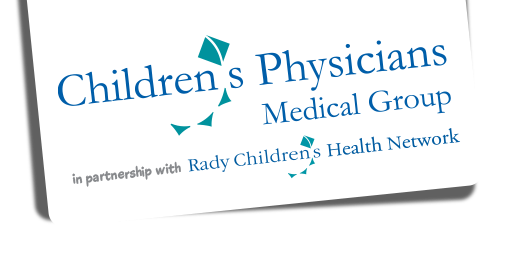Anna Mendehnall, MD, FAAP
http://www.youtube.com/watch?v=TchB1pcl-6c
Overview: What is Neo-Melubrina?
Dipyrone (also known as metamizole) is an effective analgesic and antipyretic drug used in Europe and Latin America. It was banned in the United States by the Food and Drug Administration (FDA) in 1977 because it is known to induce agranulocytosis. Because the drug remains available over the counter (OTC) in many countries, including Mexico, domestic cases of dipyrone-induced agranulocytosis continue to occur. Dipyrone is commonly marketed as a stronger form of aspirin and is often referred to as the “Mexican aspirin”. It is sold in Mexico primarily under the name Neo-melubrina. Although, 38% of Hispanic patients at a San Diego community clinic report having used dipyrone, most San Diego health care providers are unaware of the medication and its risks.
What is Agranulocytosis?
A marked decrease (less than 100 when there are normally thousands) in the number of granulocytes. Granulocytes are a type of white blood cell filled with microscopic granules that are little sacs containing enzymes that digest microorganisms. Granulocytes are part of the innate, somewhat non specific infection-fighting immune system. They do not respond exclusively to specific antigens, as do B-cells and T-cells.
If agranulocytosis is untreated, the risk of dying is high. Death results from uncontrolled sepsis (bacteria in the bloodstream). If the condition can be reversed with treatment, the risk of dying is low. Antibiotic and antifungal medications can cure the infection if the ANC (absolute neutrophil count) rises. Morbidity is entirely due to infections that complicate agranulocytosis. The infections may be superficial, involving mainly the oral mucosa, gums, skin and sinuses, or they may be systemic with life-threatening septicemia.
Patients with agranulocytosis usually experience the following:
- Sudden onset of malaise.
- Sudden onset of fever, possibly with chills.
- Oral ulcers and swollen gums accompanied by pain.
- Pharyngitis, with difficulty in swallowing.
- If treatment is not promptly instituted, the infection progresses to generalized sepsis, which may become life threatening.
- Usually, purulent discharge is not present because not enough neutrophils exist to form pus.
- Skin infections are associated with painful swelling but redness and pus are usually absent.
What should I do if my children or I have taken Neo-Melubrina?
First of all, stop the medication immediately and see the pediatrician or your physician. If the medication was taken more than a month ago and your child is still healthy and without fever, things are fine. However, if the medication was taken within the last month, you will want to see your doctor and get a complete blood count to ensure your white blood cell count is normal. Make sure you tell your friends or family who travel to or live in Mexico never to take this medication. Spread the word, because people are taking this medicine in all socioeconomic areas of San Diego and are unaware of the risks.
When traveling abroad, how do I know a medication I purchase or am prescribed is safe?
It is always a good idea to bring your own analgesics such as acetaminophen or ibuprofen!
- If you take any prescription medications ensure that you bring an ample supply in case your flight is delayed.
- If you do need to seek medical care in another country, try to find a doctor who speaks some English unless you are fluent in the language. If possible, call your doctor in the US to get their advice on the medications given.
In other parts of the world (notably in Spain, Mexico, India, Brazil, Russia, Bulgaria, Israel and Third World countries) metamizole is still freely available over-the-counter, remains one of the most popular analgesics and plays an important role in self-medication. For example, metamizole and metamizole-containing drugs account for 80% of OTC analgesic market in Russia, whereas ibuprofen accounts for 2.5%. In Brazil, metamizole (Novalgina) products, although over-the-counter, carry warnings to avoid usage by those under the age of 19 and have a variety of information about early detection and treatment of agranulocytosis. The ongoing “LATIN” study, a multi-center international case-control study, is examining the incidence of agranulocytosis in Latin America and the role of metamizole.
Brand names of Dypirone aka “metamizole”:
- Mexico: Neo-Melubrina
- Brazil: Novalgina
- Germany: Novalgin, Analgin, Berlosin, Metalgin, Metamizol-Puren, Novaminsulfon.
- Hungary: Algopyrin
- Romania: Algocalmin, Novocalmin, Algozone, Nevralgin
- Spain: Nolotil
- Russia/Bulgaria: Tempalgin (combination drug; metamizole is one of its components)
- Israel: Optalgin
- Finland: Litalgin
- Bulgaria: Proalgin,Analgin
- Venezuela: Novalcina
- Macedonia: Analgin
